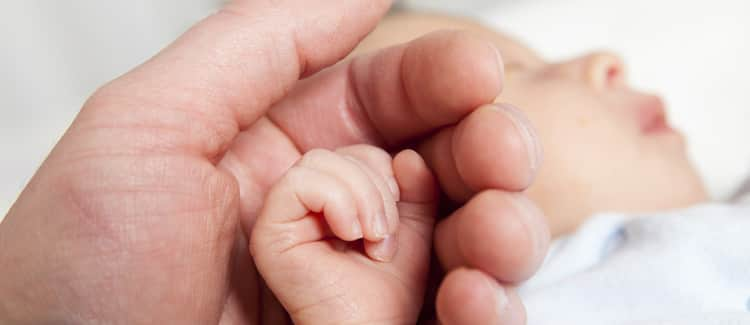In this blog, we will explore the key symptoms to watch for, the specific tests that can aid in diagnosing food allergies, and essential parenting tips to manage and support your child effectively. By being informed and prepared, you can confidently ensure your child's well-being and navigate the complexities of food allergies.
Common Symptoms of Food Allergies in Children
Recognising symptoms early is essential, as children's reactions to food allergies can range from mild to life-threatening. Common signs include hives, skin rashes, itching, and swelling of the lips or tongue. Gastrointestinal issues such as nausea, vomiting, and diarrhea may also occur. More severe reactions can involve difficulty breathing, a drop in blood pressure, or anaphylaxis, the most critical and life-threatening allergic reaction requiring immediate treatment. Positive parenting involves closely monitoring your child's response to new foods and consulting a doctor if any symptoms appear concerning.
How Parenting Style Affects Food Allergy Awareness
Your parenting style significantly influences how you perceive and manage your child's food allergies. Some parents adopt a highly protective approach, strictly limiting exposure to potential allergens, while others prefer gradually introducing foods in a medically supervised setting. Regardless of your approach, knowledge is power. Proactively educating yourself about the risks and prevention strategies is crucial. One essential parenting tip is to keep your child informed about their allergies and ensure they understand which foods to avoid. By staying informed and communicating effectively, you can better protect your child and manage their food allergies confidently.
Testing Options for Food Allergies
There are a few test options to follow in determining food allergies in children. The most common skin prick test is blood tests, which can also be utilised, including an ImmunoCAP that measures levels of allergen-specific antibodies. Other possibilities include an elimination diet, in which suspected allergens are eliminated from the child's diet for some time before being reintroduced. Work with a pediatric allergist to find what test best suits your child.
Managing Allergies Through Positive Parenting
Once a food allergy is diagnosed, its effective management becomes a priority. Positive parenting should, therefore, play a significant role in that process by providing eventually a non-threatening environment for children. Encourage your child to express their allergies when eating out or at school. Give them tools such as always carrying an adrenaline injector in emergencies and inform caregivers or teachers about their condition. One of the essential parenting tips is that when allergic reactions occur, it is necessary to keep calm and composed to avoid traumatising the kid.
Preparing for the Future
As your child grows, their ability to manage food allergies may also develop. Fostering independence is a crucial aspect of any parenting style, including handling allergies. Encourage your child to take responsibility for their health while still providing guidance and support. Stay informed about the latest research and treatment options to ensure your child receives the best possible care.
To Wrap Up
Food allergies in children require careful attention and a proactive approach. Understanding the symptoms, testing options, and adopting a positive parenting approach can help your child live a healthy and confident life. Remember these parenting tips to provide a safe and nurturing environment for your child’s growth and well-being.
Just as understanding and managing food allergies is vital for a child's health and safety, term insurance offers families the peace of mind and protection needed to handle unexpected health challenges and secure their financial future

























































